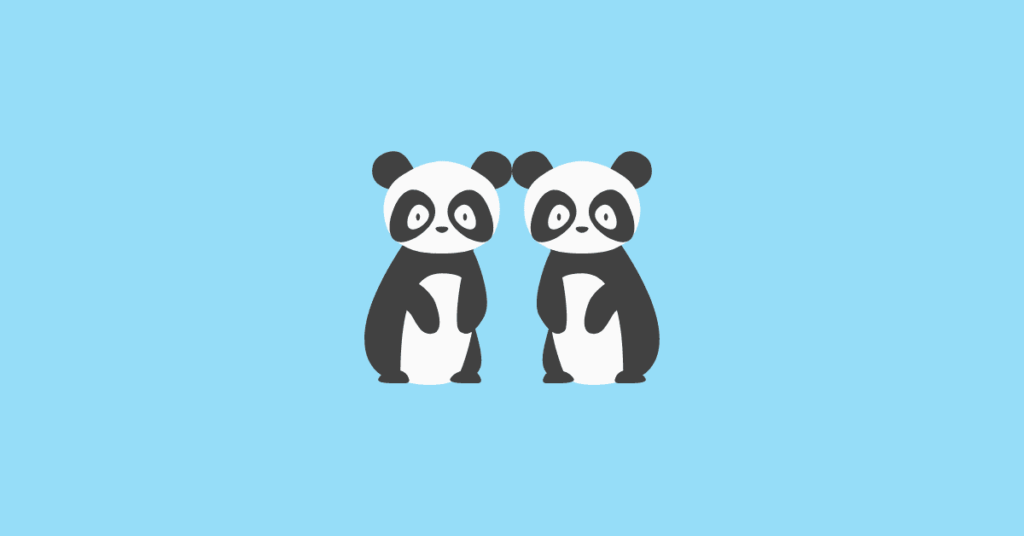Get here summary, notes, questions, answers, textbook solutions, extras, pdf of the chapter/poem Animals by Walt Whitman of SEBA Class 10 English (Second Language). However, the given notes/solutions should only be used for references and should be modified/changed according to needs.

Summary: Walt Whitman expresses his admiration for animals in his poem. He begins by expressing his belief that he can make a difference and start living with animals. He goes on to explain why he wants to do so, saying that animals are calm and self-satisfied. As he observes them, he notices that they never complain about their situation, that they do not have sleepless nights regretting their sinful actions, and that they do not always talk about what God wants them to do. They appear to be content with their lives without being obsessed with the desire to own this or that. Animals, too, treat each other equally, without bowing to a living member or a historical figure, and it is in this manner that they treat the poet, and he is content to accept it. The poet concludes by stating that animals show him how a man should be, openly and visibly displaying virtuous qualities that appear to be a lost part of man. He wonders if the animals picked up these characteristics from where man dropped them carelessly aeons ago, implying that man has lost his true nature somewhere along the way.

Video tutorial
Thinking about the poem.
1. Notice the use of the word ‘turn’ in the first line, “I think I could turn and live with animals…”. What is the poet turning from?
Answer: He is turning away from the world of humans and all its complications and deceptions.
2. Mention three things that humans do and animals don’t.
Answer: Humans do three things that animals do not: whine about their situation, lie awake in the dark and weep for their sins, and bow down to one of their own kind.
3. Do humans kneel to other humans who lived thousands of years ago? Discuss this in groups.
Answer: Yes, humans kneel in front of other humans from thousands of years ago. Our forefathers are remembered with stories and monuments, and their bravery stories are passed down from generation to generation. People are known to venerate those who came before them. Some value their ideals and strive to imbibe them, whereas others consider their ancestor’s bravery worthy of worship.
4. What are the ‘tokens’ that the poet says he may have dropped long ago, and which the animals have kept for him? Discuss this in class.
Answer: The tokens mentioned in the poem represent the true nature of humans. These tokens of virtue include contentment, honesty, innocence, kindness, joy, satisfaction, and sharing. Humans developed vices such as greed, selfishness, the desire to possess everything, and other vices. Animals have carried on the true instincts and characteristics that humans have lost sight of.
Additional/extra questions and answers/solutions
1. Why does the poet in the poem believe that he could live with animals?
Answer: Walt Whitman, the poet, claims that he could live with animals because they reflected more of his basic, true nature. Animals that have retained their natural selves exhibit the virtuous characteristics that man has lost in his race for civilisation. Because man has succumbed to vices such as constant whining, sin, materialism, and disregard for nature, the poet believes that he could live a better life with animals.
2. What does it mean for the poet to describe animals as “placid and self-contained”?
Answer: The poet describes animals as placid, which means that they have a calm demeanour and do not appear to be agitated by anything. They walk around with a self-assured and satisfied air about them. The poet means that the animals are completely composed and in complete control of their senses when he says that they are self-contained.
14. In the poem the poet laments the loss of certain values on the part of humans, whereas animals appear to have retained them and are self-satisfied. Analyze the cause of value degeneration in today’s difficult times.
Answer: Human beings have achieved many material values but have lost their true virtues in the modern civilised world. The more developed and modern humans became, the more they lost touch with their true selves. Animals, on the other hand, have never adapted to any material goods and have always remained natural. This natural aspect of animals has aided in the preservation of their values. Humans have forgotten kindness and innocence in order to acquire more and more. They engage in all unethical practises that are devoid of any good virtue, which is why the poet laments (complaints) about the loss of good values on the part of humans.

Get notes of other boards, classes, and subjects
Amazing. Question Answer
I love it ?
I like it English so english is my favorite subject.